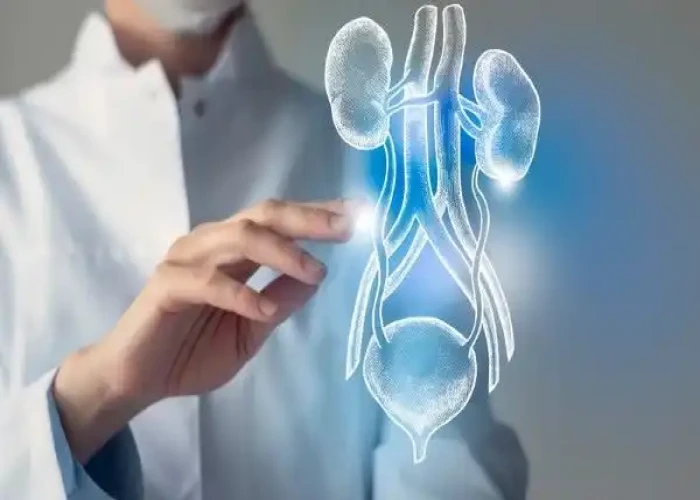 Welcome
Welcome
“May all be happy, may all be healed, may all be at peace and may no one ever suffer."
Urethral stricture
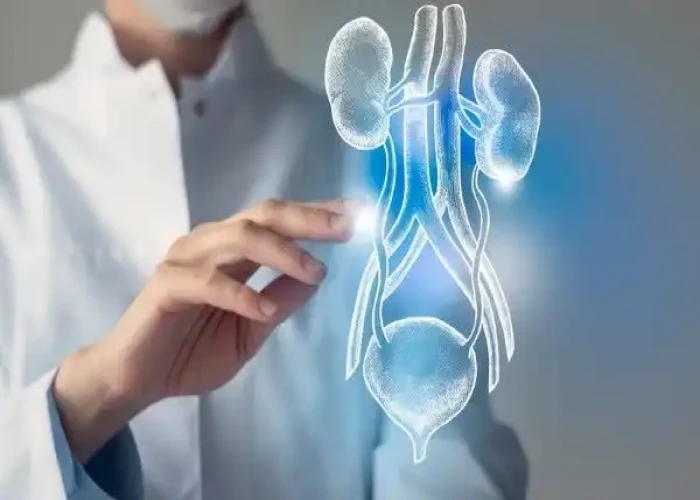
Urethral stricture is a medical condition in which the urethra, the tube that carries urine from the bladder out of the body, becomes narrow or blocked. Urethral strictures can be caused by inflammation, injury, or scar tissue, and can occur in men or women of any age.
Symptoms of urethral stricture may include difficulty urinating, reduced urine flow, pain or discomfort during urination, and a frequent urge to urinate. In severe cases, a person may experience urinary tract infections or complete blockage of urine flow.
Diagnosis of urethral stricture typically involves a physical exam, urine tests, and imaging tests such as a cystoscopy or an ultrasound. Treatment options for urethral stricture may include medication to reduce inflammation, urethral dilation to widen the urethra or surgery to remove or repair the affected tissue.
The prognosis for urethral stricture can vary depending on the severity of the blockage and how quickly it is diagnosed and treated. If left untreated, urethral strictures can lead to serious complications such as urinary tract infections and kidney damage. Therefore, it is important to seek medical attention if you suspect you may have a urethral stricture or any other medical condition related to the urinary system.
Research Papers
Disease Signs and Symptoms
- Decreased force in stream of urine
- Burning during urination
Disease Causes
Urethral stricture
Scar tissue, which can narrow the urethra, can be due to:
- A medical procedure that involves inserting an instrument, such as an endoscope, into the urethra
- Intermittent or long-term use of a tube inserted through the urethra to drain the bladder (catheter)
- Trauma or injury to the urethra or pelvis
- An enlarged prostate or previous surgery to remove or reduce an enlarged prostate gland
- Cancer of the urethra or prostate
- Sexually transmitted infections
- Radiation therapy
Urethral stricture is much more common in males than in females. Often the cause is unknown.
Disease Prevents
Disease Treatments
Disease Diagnoses
Disease Allopathic Generics
Disease Ayurvedic Generics
Disease Homeopathic Generics
-
Arsenicum
30 strength.
-
Cantharis
6 strength.
-
Belladonna
6 strength.
-
Stigmata
Q strength.
-
Equisetum
Q strength.
-
Plumbum metallicum
6 strength.
-
Camphor
Q strength.
-
Morphinum
6, 30 strength.
-
Terebinthina
6, 30 strength.
-
Prunus spinosa
6 strength.
-
Chimaphila umbellata
30 strength.
Disease yoga
Urethral stricture and Learn More about Diseases

Hair loss

Alcohol poisoning
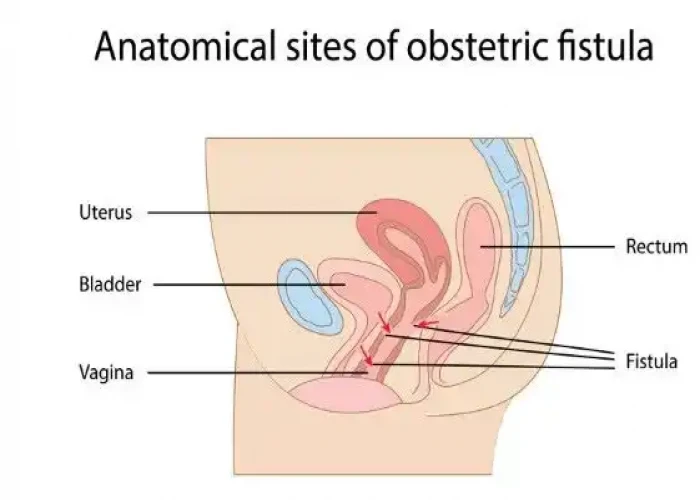
Vaginal fistula

Cellulite

Smallpox

Impetigo
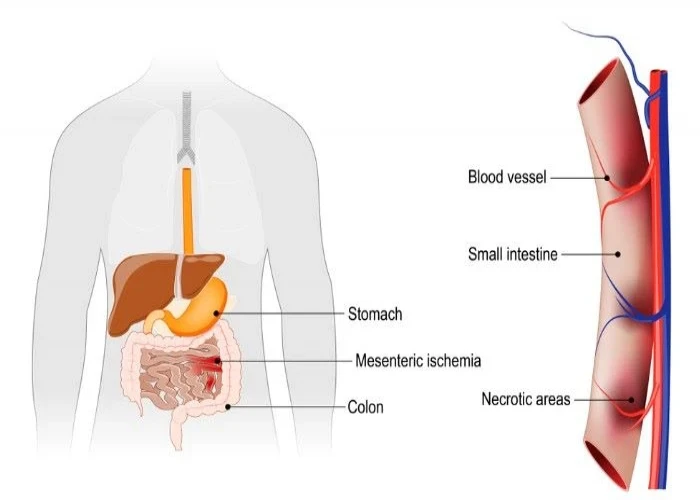
Mesenteric ischemia
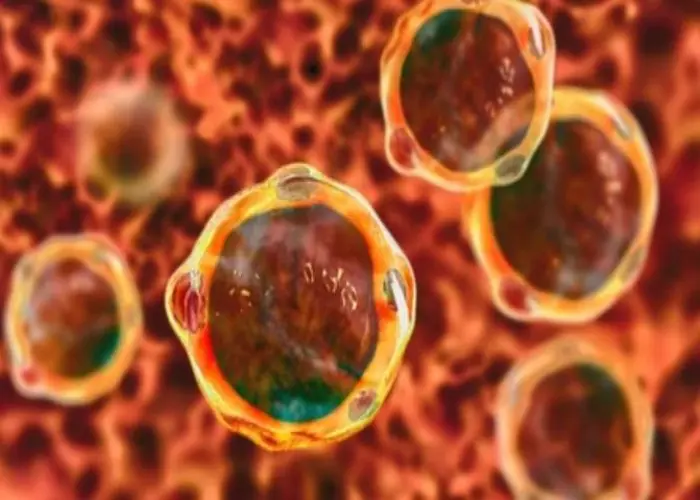
Blastocystis hominis
Urethral stricture, ইউরেথ্রাল স্ট্রাকচার, মূত্রনালীর সংকোচন
To be happy, beautiful, healthy, wealthy, hale and long-lived stay with DM3S.
